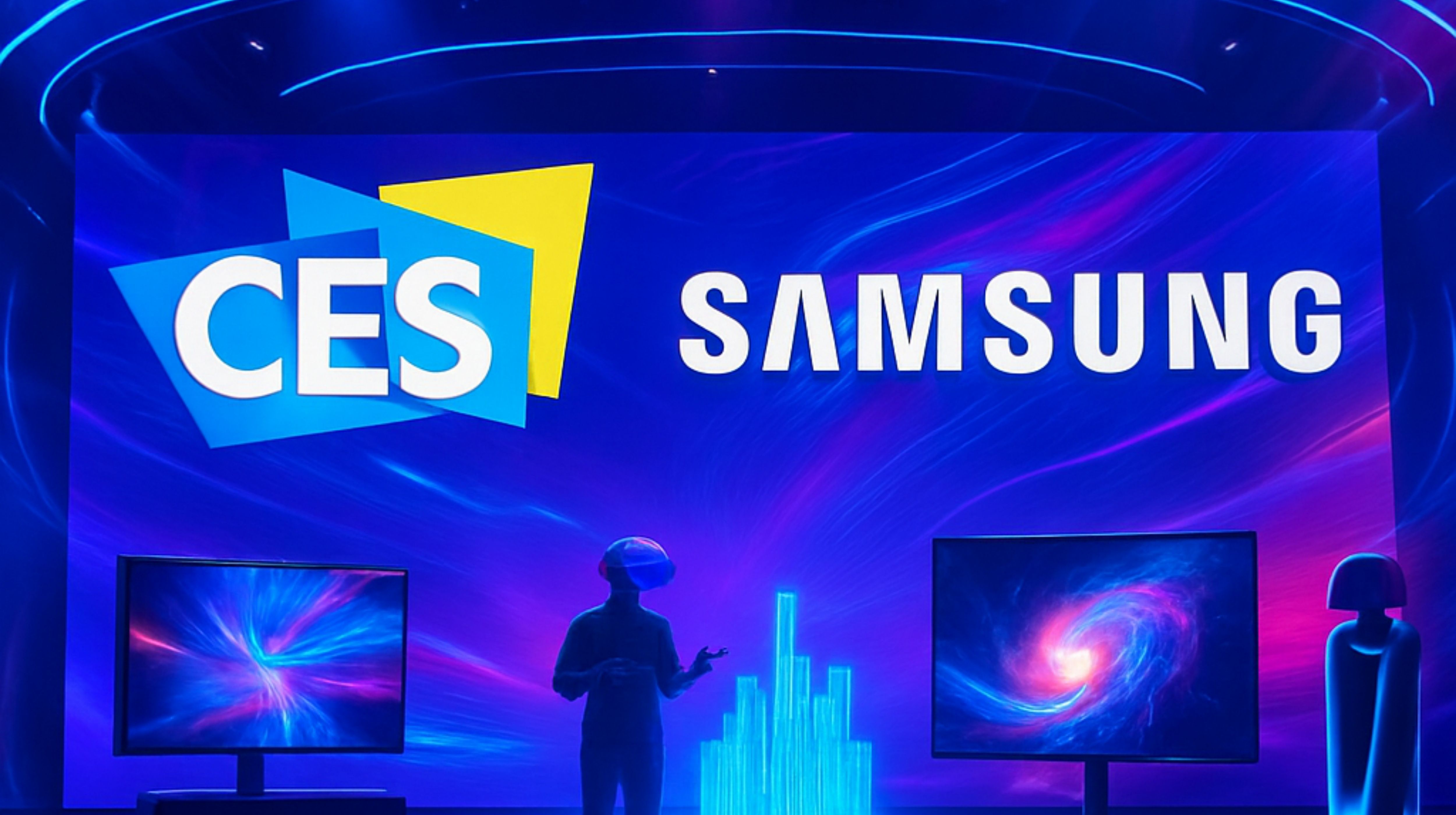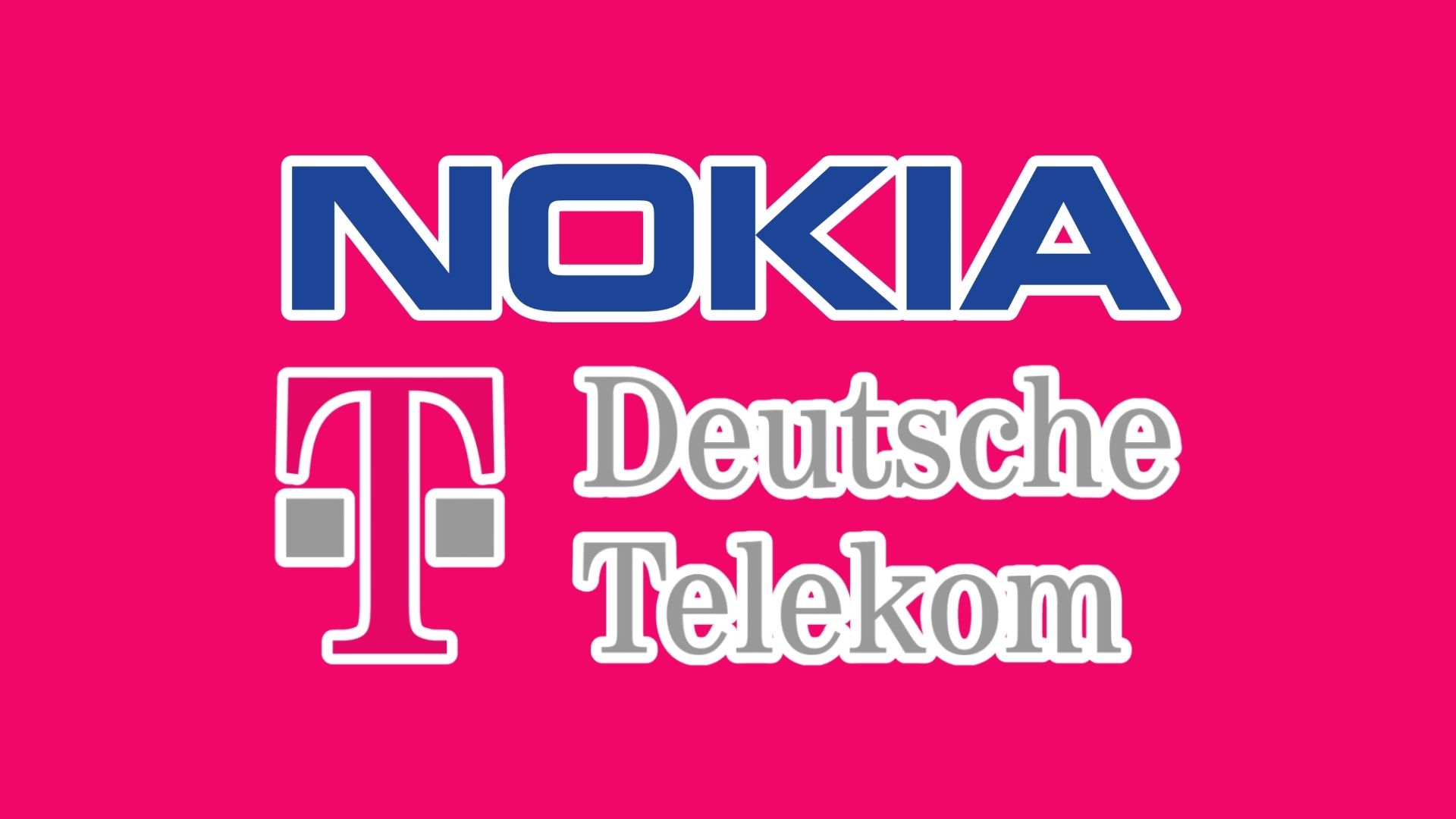The South Korean electronics company, Samsung, has completed a multi-cell test that brings its virtualised RAN software together with accelerated computing from NVIDIA.
A validation that took place in a realistic network environment confirms that the combined architecture is nearing commercial readiness as AI-native networks continue to evolve.
The company plans to highlight the achievement at Mobile World Congress 2026 as part of its broader push toward software-driven networks that use AI instead of fixed hardware optimisation.
Samsung will demonstrate an AI-based MIMO beamformer running on NVIDIA infrastructure, which offers operators higher throughput and improved spectral efficiency by extracting more value from existing spectrum.
NVIDIA and Samsung are also advancing a unified processor design that integrates CPU and GPU within a single chipset, enabling faster and more efficient data exchange.
Recently, Samsung integrated its vRAN software with the NVIDIA ARC Compact platform equipped with the Grace CPU and L4 GPU, taking another step toward commercial AI-RAN deployments.
The firm says that experience from large-scale vRAN rollouts and close collaboration with industry computing partners strengthens its position in delivering AI-powered network platforms for operators worldwide.
Would you like to learn more about AI, tech and digital diplomacy? If so, ask our Diplo chatbot!










